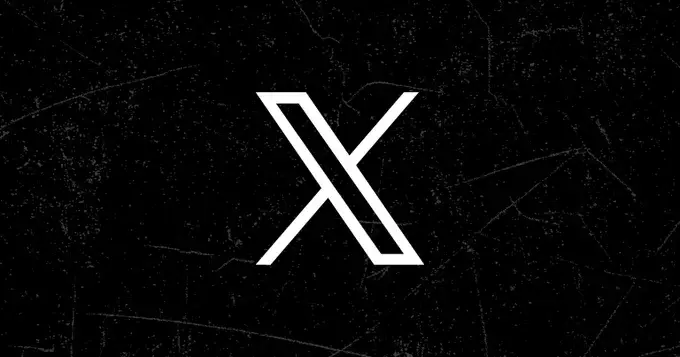Elon Musk’s foray into transforming the social media platform X (formerly Twitter) into a comprehensive payments ecosystem—now dubbed “X Money”—highlights his long-standing ambition of creating an “everything app.” This multi-functional platform—and its proposed capabilities—aim to streamline financial transactions, but recent developments have revealed substantial challenges that could significantly impede its launch and broader acceptance.
Despite Musk’s claims of a transformative rollout in 2024, it appears that reality isn’t aligning with expectations. X Money’s deployment ambitions have seemingly been stymied by regulatory hurdles, particularly in New York, a pivotal market that Musk has identified as critical for successful integration. Notably, X has been unable to secure a money transmitter license in this state due to concerns that have surfaced regarding its associations, particularly its links to the Kingdom of Saudi Arabia.
The legal opposition faced by X stems from questions about the “fitness and character” of the company, reflecting a significant public sentiment tied to it serving the interests of a controversial regime. Critics have drawn connections between the platform’s operational ethos and the Saudi government’s record on human rights, further complicating its regulatory pathway. These complications are not merely bureaucratic; they signify a broader distrust that could evaporate the enthusiasm of potential users if a direct association with controversial foreign investments shapes public discourse.
The lawsuit against the platform articulates fears that its operations may inadvertently facilitate oppressive governance, invalidating Musk’s claims of fostering positive community engagement. Thus, X’s pursuit of X Money is mired in skepticism not just about its regulatory standing but about its ethical implications as well.
Recent code revelations suggest that X has adopted a more cautious rollout plan, opting for a regional launch restricted to select U.S. states instead of a blanket approach across the nation. This strategy could permit X to expedite the launch of its financial services while addressing regulatory concerns in other states that are yet to approve its application. However, this limited initial availability may dramatically compress the potential user base, undermining the ambitious vision Musk has crafted.
Furthermore, the regional limitations raise questions about the sustainability of X Money. The premise of a universal payment system modeled on China’s WeChat may prove impractical within the fragmented regulatory landscape of the United States. Without a national footprint, the concept risks becoming a localized feature that may not resonate with users used to holistic and instantaneous services offered by other platforms.
Musk’s concept of an “everything app” is not unprecedented. The Chinese app WeChat serves as a quintessential model where users seamlessly conduct a myriad of transactions—from messaging to payments. The intricacies of China’s digital culture provide an advantageous backdrop that Western alternatives have struggled to replicate.
Historically, attempts by other tech giants, such as Meta with its Messenger platform, to establish a similar transactional foothold have proved unsuccessful. Not only did these efforts face regulatory backlash but they also failed to engage users in Western markets who often exhibit skepticism towards multifaceted applications involving payments.
Musk’s aspirations for X, rooted in early notions of an integrated financial future from his PayPal days, underscore a profound yearning for innovation in the payment sector. However, the limitations faced by other companies in similar pursuits indicate a harsh reality—just having big ideas isn’t enough without the backing of consumer trust and regulatory compliance.
As X Money inches closer to limited launch phases, pivotal questions about its value proposition loom large. While the potential for fee-free transactions offers a tantalizing prospect, many users may find it hard to believe that this feature could materialize amidst the complex regulatory landscape. The opportunity for X Money might lie in its ability to cultivate a straightforward, user-friendly way of managing financial transactions. However, without addressing the seeds of public skepticism around its ethical foundations and service reliability, even the most innovative features could be rendered ineffective.
Ultimately, while X Money is positioned to emerge in the near future, its functional impact on users remains uncertain. Potential hefty regulatory complications, deep-seated public distrust, and existing market practices may hinder the platform’s initial aspirations. Thus, while Musk’s vision is ambitious, its realization may dim without proper navigation through the multifaceted challenges that lie ahead.

